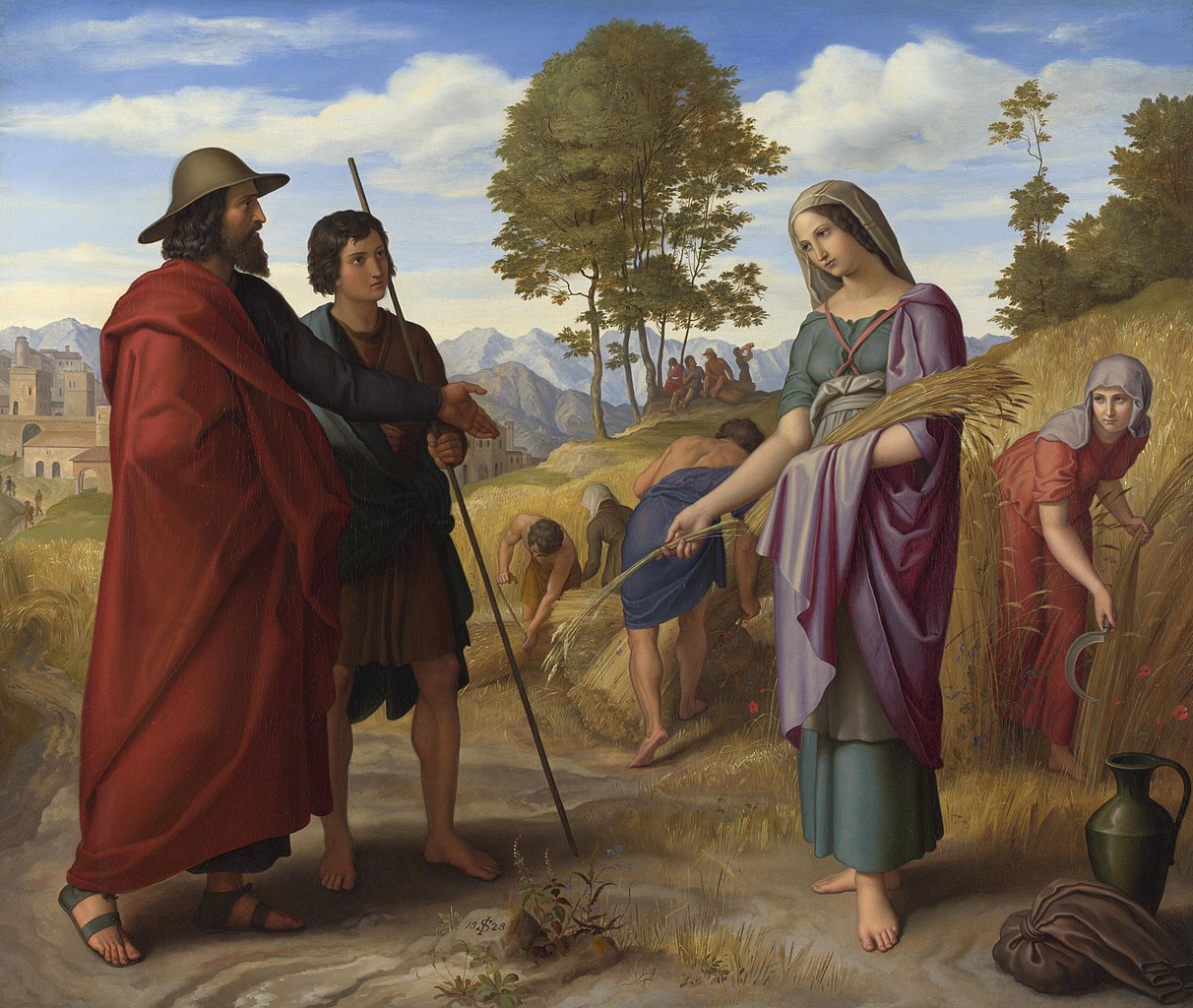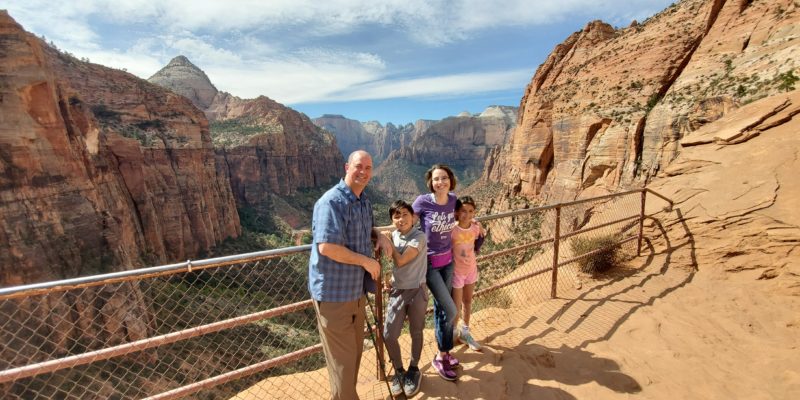Jesus enumerated many ways to live a blessed life. Among the characteristics of blessed living is Jesus’ declaration: “Blessed are the meek: for they shall inherit the earth.” (Matthew 5:5)
Meek in Greek: Humble, Gentle, Mild
The underlying Greek word for “meek” in Matthew 5:5 is πραΰς, transliterated into English as praus, and it generally means humble, gentle, or mild.
There are two other times in the New Testament where this particular word praus appears. We can gain additional insight about what Jesus meant by reviewing other uses of this word in the New Testament.
1 Peter 3:4 “meek” is paired with the phrase “quiet spirit”, “But let it be the hidden man of the heart, in that which is not corruptible, even the ornament of a meek [praus] and quiet spirit, which is in the sight of God of great price.”
And back Matthew, the Gospel writer quotes Zechariah 9:9 at Jesus’ triumphal entry into Jerusalem as evidence for Jesus as the Messiah. Notice how one of the qualities of Jesus as Messiah is that though He is the King, He comes in meekness, “Tell ye the daughter of Sion, Behold, thy King cometh unto thee, meek [praus], and sitting upon an ass, and a colt the foal of an ass.”
Meek in Hebrew: Lowly, Poor, Afflicted, Wretched, Weak, Needy
Because the Gospel of Matthew quotes from Zachariah, an Old Testament prophet writing in Hebrew, we can look at what “meek” means in Hebrew and expand our understanding of what Jesus meant.
The “meek” of Matthew 5:21 comes from the word “lowly” in Zechariah 9:9. “Lowly” is translated from the Hebrew word ani, a word employed widely in the Old Testament to refer to the poor, afflicted, wretched, weak, and needy individuals.
Let’s review a few Old Testament scriptures that use the word ani = lowly, poor, afflicted, wretched, weak, needy.
Leviticus 19:10
“And thou shalt not glean thy vineyard, neither shalt thou gather every grape of thy vineyard; thou shalt leave them for the poor [ani] and stranger: I am the LORD your God.”
God commanded ancient Israelite farmers, who owned or controlled a portion of the earth, to leave some of the crop available to harvest for those who owned nothing: the poor [ani] and strangers [foreigners/non-citizens].
Deuteronomy 15:11
“For the poor shall never cease out of the land: therefore I command thee, saying, Thou shalt open thine hand wide unto thy brother, to thy poor [ani] and to thy needy, in thy land.”
God commanded the ancient Israelites to serve and to share with those who had nothing.
Jacob, in the Book of Mormon, echoes this principle of truth and righteousness when he condemned Nephite’s pride in their riches. Notice how Jacob makes use of the concept of earth in his call to repentance. Jacob talks about the riches of the earth that God has given to some of the Nephites. These Nephites believe, erroneously, that they were better than those who didn’t have and that they deserved these riches.
“And the hand of providence hath smiled upon you most pleasingly, that you have obtained many riches; and because some of you have obtained more abundantly than that of your brethren ye are lifted up in the pride of your hearts, and wear stiff necks and high heads because of the costliness of your apparel, and persecute your brethren because ye suppose that ye are better than they.” (Jacob 2:13)
Jacob thunders righteously that God can level these prideful Nephites back to the earth (smiting to the dust) if they do not remember their responsibility to keep their hand wide open to share with their brothers and sisters.
“And now, my brethren, do ye suppose that God justifieth you in this thing [withholding the resources of the earth from the poor]? Behold, I say unto you, Nay. But he condemneth you, and if ye persist in these things his judgments must speedily come unto you. O that he would show you that he can pierce you, and with one glance of his eye he can smite you to the dust!” (Jacob 2:14-15)
Jacob concludes, in the spirit of God’s commands in Deuteronomy, to share with the poor [ani], “Think of your brethren like unto yourselves, and be familiar with all and free with your substance, that they may be rich like unto you.” (Jacob 2:17)
Deuteronomy 24:14
“Thou shalt not oppress an hired servant that is poor [ani] and needy, whether he be of thy brethren [a fellow Israelite], or of thy strangers [foreigners/non-citizens] that are in thy land within thy gates.”
Business owners and employers should be fair and equitable with those who work for them.
Proverbs 31:9
“Open thy mouth, judge righteously, and plead the cause of the poor [ani] and needy.”
Proverbs describes a wise one (someone who has respect and love for God) as a person who protects and blesses the poor, who takes care of those who cannot fully take care of themselves. What greater way can we be like God than to bless those who cannot fully bless themselves? Is that not what God does for us? Can any of us truly do all things for ourselves? Or are we not all needy in some way and require the sustenance of God to survive?
Isaiah 3:15
“What mean ye that ye beat my people to pieces, and grind the faces of the poor [ani]? saith the Lord GOD of hosts.”
God pointedly asks the Israelites, through the prophet Isaiah, “How can you call yourself my people when the most lowly, weak, and needy you have beaten? Have ground their faces into the dirt?”
What do we learn from these additional references in the Old Testament? To be meek was to be desperately poor, wretched (even Jesus is called wretched in Isaiah 53:2-3!), weak, and needy. Without God’s day-to-day miraculous intervention in their lives, these meek ones would waste away and die. They owned nothing of the earth. The controlled nothing of the earth’s resources to sustain their lives.
That is why it is so stunning, a total revolution, a reversal in fortunes, for Jesus to say that the meek would inherit the earth. In Jesus’ day, the truly meek were the most fully dispossessed of anything the earth had to offer.
Those who are truly meek are fully and entirely dependent upon God.
What is so beautiful and empowering about Jesus’ appeal for us to be meek?
The meek have nothing of their own.
The meek know that they are nothing without God.
With God, the meek will inherit everything, represented in the scriptures as “earth.”
Only those who recognize that they are nothing without God will inherit the earth.
In the days of Jesus, there were a few who were rich and powerful. They owned the riches the earth. They commanded the armies. They had control of government, of land, and of people. Most people, especially the Jews living in the backwater we call the Galilee where Jesus centered His mission, were the desperate poor, who truly were entirely dependent upon God for everything.
How sweet and soothing must have been Jesus’ simple yet powerful statement to these meek ones of the earth, “Blessed are the meek [all of those listening to Jesus that day who had nothing, who were under the power and dominion of those who controlled the earth], for they [the people listening to Jesus] will inherit the earth [all things that the Father hath!].”
Learning at the Feet of the Savior
I hope you found these insights valuable and empowering. If so, you may find more such insights in one of my recent books Learning at the Feet of the Savior: Additional Insights from New Testament Background, Culture, and Setting.
Join my newsletter and receive a free humorous eBook Memoirs of the Ward Rumor Control Coordinator is a light-hearted look at our beloved Mormon Church of Jesus Christ of Latter-day Saints culture. When you join my newsletter, it’s a bit like voting for Pedro. Your wildest dreams might come true!
Study the Scriptures like never before with this free app that I helped create: ScripturePlus!







